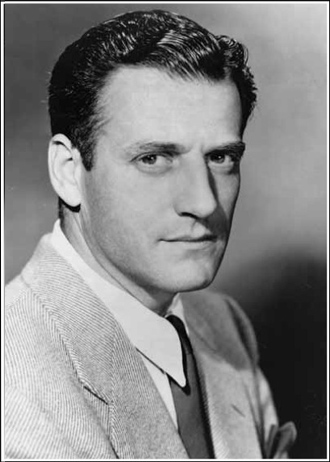Stanley Kramer (Stanley Earl Kramer)

Stanley Earl Kramer (September 29, 1913 – February 19, 2001) was an American film director and producer, responsible for making many of Hollywood’s most famous “message films”. As an independent producer and director, he brought attention to topical social issues that most studios avoided. Among the subjects covered in his films were racism (in The Defiant Ones and Guess Who’s Coming to Dinner), nuclear war (in On the Beach), greed (in It’s a Mad, Mad, Mad, Mad World), creationism vs. evolution (in Inherit the Wind) and the causes and effects of fascism (in Judgement at Nuremberg). His other notable films included High Noon (1952, as producer), The Caine Mutiny (1954, as producer), and Ship of Fools (1965). Director Steven Spielberg described him as an “incredibly talented visionary,” and “one of our great filmmakers, not just for the art and passion he put on screen, but for the impact he has made on the conscience of the world.” Kramer was recognized for his fierce independence as a producer-director, with author Victor Navasky writing that “among the independents . . . none seemed more vocal, more liberal, more pugnacious than young Stanley Kramer.” His friend, Kevin Spacey, during his acceptance speech at the 2015 Golden Globes, honored Kramer’s work, calling him “one of the great filmmakers of all time.”
Despite mixed critical reception, both then and now, the film industry heavily promoted Kramer’s work with numerous awards. His films received 16 Academy Awards and 80 nominations, and he was nominated nine times as either producer or director. In 1961 he received the Irving G. Thalberg Memorial Award. In 1963 he was a member of the jury at the 3rd Moscow International Film Festival. In 1998 was awarded the first NAACP Vanguard Award “in recognition of the strong social themes that ran through his body of work.” In 2002, the Stanley Kramer Award was created, to be given to recipients for work that “dramatically illustrates provocative social issues.” In the 1980s Kramer retired to Bellevue, Washington, and wrote a column on movies for the Seattle Times from 1980-1996. During this time, he hosted his own weekly movie show on then-independent television station KCPQ. In 1997 Kramer published his autobiography, A Mad Mad Mad Mad World: A Life in Hollywood. He died on February 19, 2001, in Los Angeles, aged 87, after contracting pneumonia. He was married three times and divorced twice. He was survived by his third wife, Karen, and four children, two from a previous marriage.
Born
- September, 29, 1913
- USA
- Manhattan, New York
Died
- February, 19, 2001
- USA
- Woodland Hills, Los Angeles, California
Cause of Death
- pneumonia
Other
- Cremated



